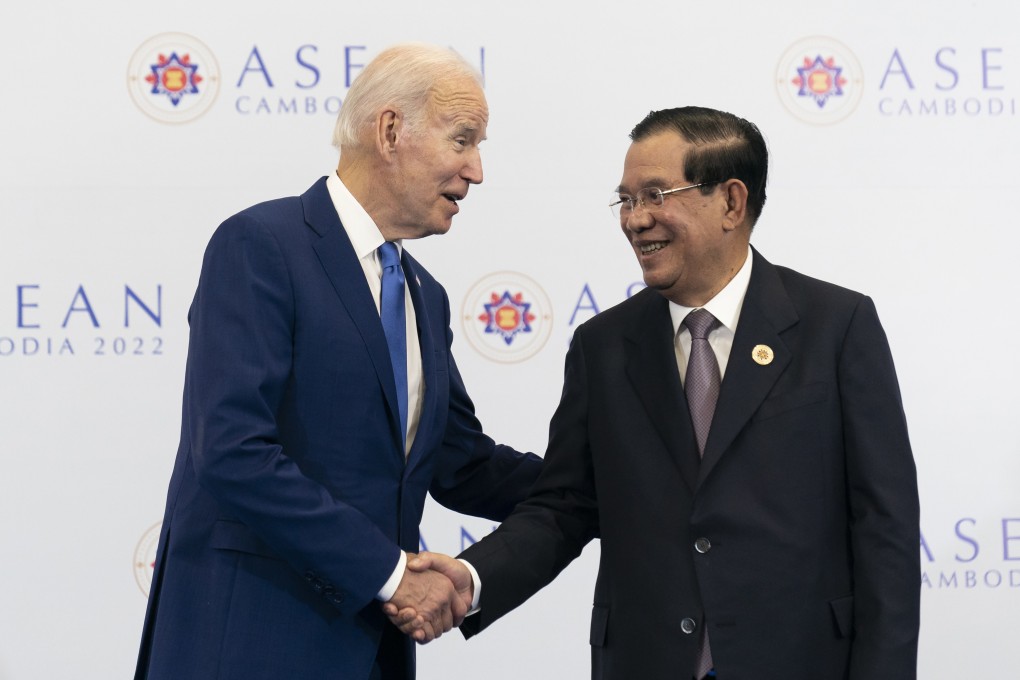Asian Angle | Asean’s ‘summit season’ was a smooth ride despite year of turbulence
- There were some achievements at this year’s Asean summit, a key event taking place in Cambodia just before G20 and Apec meetings
- Notably, US, India, have become strategic Asean partners, plus agreement in principle to admit East Timor as 11th Asean member

With global leaders jetting off to Bali for a G20 summit and Bangkok for an Apec meeting, Cambodia can heave a sigh of relief after hosting one of the season’s other main get-togethers, Asean, without much drama. Concerns over the global economy, threats of recession and food and energy security took centre stage against the gridlock of the Russia-Ukraine conflict, intensifying US-China rivalry and the problem of Myanmar. Yet, Asean’s 10 members were able to make some difficult decisions on long-standing issues.
Here are six takeaways from Phnom Penh:
Myanmar crisis: deadlock?
Myanmar proved to be one of the most closely watched issues of this year’s summit. A statement released on the implementation of the Five-Point Consensus (5PC) did not provide any new measures except for an implementation plan with practical and measurable indicators. Asean leaders called for the 5PC to be “implemented in its entirety”. There was no decision to engage the shadow National Unity Government (NUG) as well as other stakeholders. But manoeuvring space was given to the UN’s Special Envoy to employ a “flexible and informal approach” which could mean that informal engagement with the NUG is possible.
Ukraine’s symbolic accession to treaty
The Foreign Minister of Ukraine, Dmytro Kuleba, signed the Instrument of Accession to the Treaty of Amity and Cooperation in Southeast (TAC) – an Asean instrument embodying the universal principle of peaceful cooperation, including mutual respect for the sovereignty of all nations. Within Asean, responses to Russia’s invasion of Ukraine vary considerably. Ukraine’s TAC accession, while symbolic, signifies Asean’s in-principle support of Kyiv and its respect for territorial integrity.


